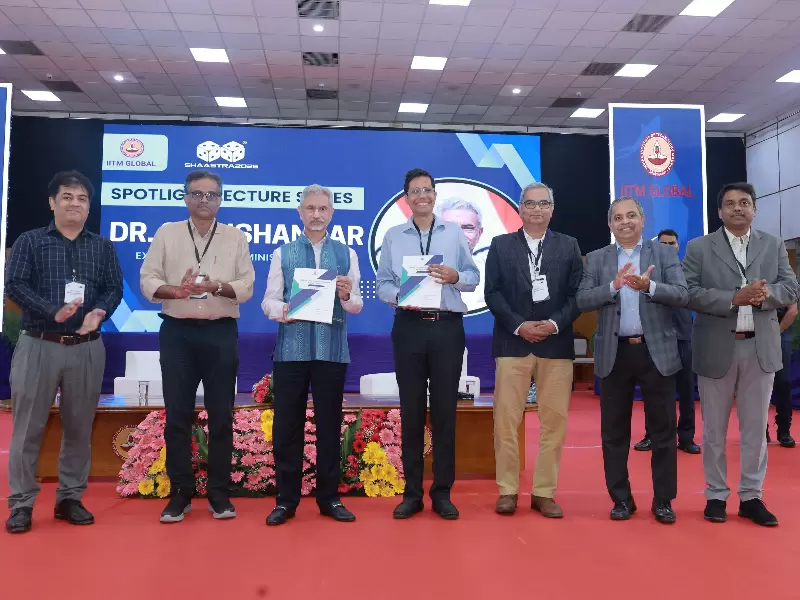UK Home Secretary for stricter pathway to permanent residency
The sweeping changes to the country’s permanent residency process could significantly impact thousands of immigrants, including many of Indian origin.
 U.K. Home Secretary Shabana Mahmood / Wikimedia commons
U.K. Home Secretary Shabana Mahmood / Wikimedia commons
U.K. Home Secretary Shabana Mahmood plans to introduce major changes to Britain’s permanent residency system, a move that could have significant consequences for immigrants, including thousands of Indians living and working in the country.
Under the proposed rules, migrants seeking permanent residency—known as “indefinite leave to remain”—would be required to demonstrate a high level of English proficiency, hold a permanent job, no dependence on government benefits, contribute to social security, perform community work and have no criminal record.
The announcement marks a departure from current policy, which allows individuals to qualify after ten years of legal residence, or after five years if they have close family ties in the U.K. Permanent residency grants the right to live, work, study, access public services, and eventually apply for citizenship—similar to a U.S. green card.
Mahmood is expected to present the proposal at the Labour Party’s annual conference, positioning it as a more balanced alternative to the hardline approach of the right-wing Reform Party, which is currently leading in some polls.
Reform is calling for the complete elimination of permanent residency in favor of renewable five-year visas, a plan that critics argue would leave long-term migrants in permanent limbo.
Prime Minister Keir Starmer denounced Reform’s proposal as “racist” and warned it would “tear the country apart,” while Labour officials insist their version is meant to reassure voters who are anxious about immigration without uprooting families who have lived in Britain for years.
The policy debate is being closely watched by the Indian community, which represents one of the largest groups of skilled professionals and international students in the U.K.
Many Indians eventually transition from work or study visas to permanent residency after years of tax contributions and employment in sectors such as healthcare, IT, finance, and hospitality. If implemented, the new rules could make that path more demanding, particularly for those who are self-employed, between jobs, or relying on family sponsorship.
The government is expected to open a public consultation before finalizing the policy later this year. Immigration experts are already advising eligible migrants to file applications under the current system while it remains in place, anticipating stricter enforcement ahead.
ADVERTISEMENT
ADVERTISEMENT
E Paper
Video




1759953093.png) Staff Reporter
Staff Reporter













Comments
Start the conversation
Become a member of New India Abroad to start commenting.
Sign Up Now
Already have an account? Login